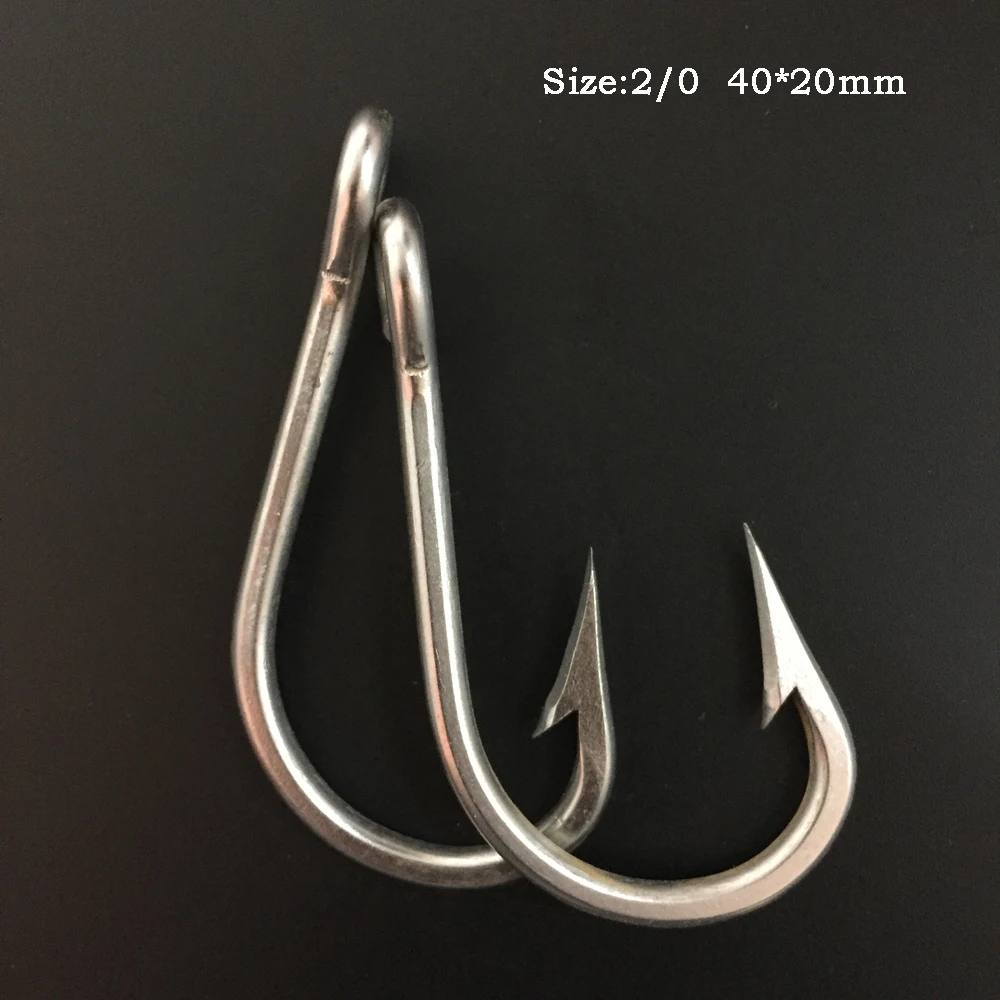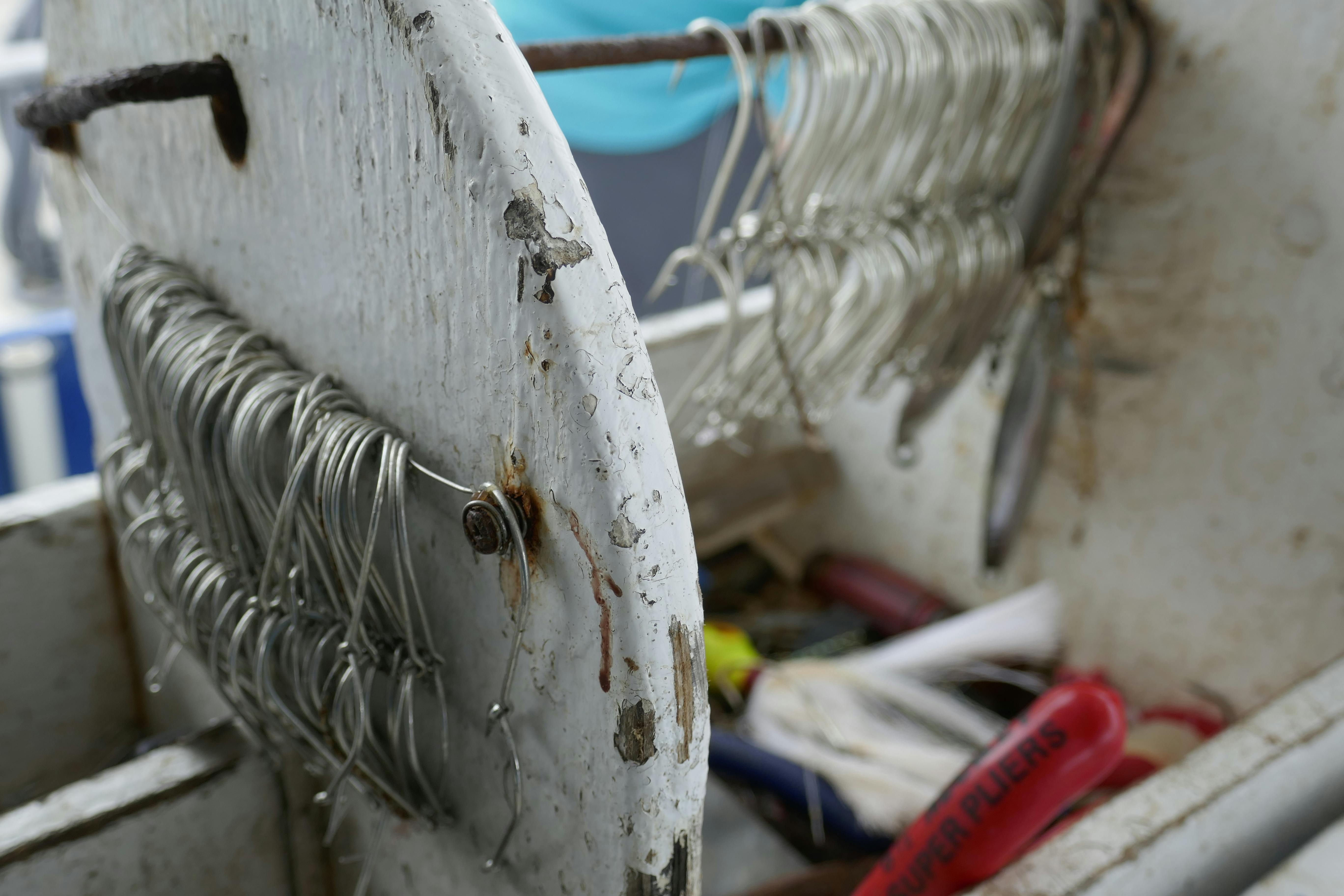

The space between the point of the fishing hook and the shank. The gap is the distance between the point of the fishing hook and the shank. What we might call the “middle” or relatively “straight part” of the fishing hook. The shank of a fishing hook is the section between the curve and the eye. The bend is simply the curve in the fishing hook. The barb is the small projection connected to the point in order to keep a fish from unhooking. The point is where the fishing hook penetrates and “hooks” the mouth of the fish.Īt the “end” or “point” of the fishing hook The eye is where the fishing hook is connected to the fishing line or lure. Let’s take a look at the different parts of fishing hooks and where they’re located.

That way, you’ll also be familiar with any fishing hook terms we use.

Since we are breaking down all the sizes and types of fishing hooks, it is helpful to also break down all the different parts of a fishing hook. Let’s take a look at the “anatomy” of a fishing hook, all the different sizes of fishing hooks, and the different types of fishing hooks and what they’re used for. To know what type of fishing hook(s) you need in order to catch a specific species of fish or in order to fish in a certain type of water, you’ll want to know more about fishing hooks, their characteristics, and their sizes and types. You may think that’s too much variation, but each type and size of the fishing hook is important–fishing hooks are made not only to help anglers catch certain species of fish but also to fish in different types of water.
#Types of fish hooks how to
We’ll walk you through the “anatomy” of a fishing hook, all the fishing hook sizes, the different fishing hook types, and even how to handle fishing hooks safely. To help you understand the big, wide world of fishing hooks, we’ve compiled a complete guide to all the fishing hook sizes and types.

Different types of fishing hooks types include: What are the different types of fishing hooks? There are approximately 37 sizes of fishing hooks, ranging from size 32 at the smallest to size 20/0 (“pronounced 20-aught”) at the largest. Fishing hooks are an integral part of fishing, and it’s helpful to know about them in depth. Learn moreĮven the most novice angler knows that if you go fishing without fishing hooks, you won’t be able to accomplish much – and even the most seasoned fishermen have glanced at the huge selection of fishing hooks in the store and wondered just what all those different types and sizes are for. If you buy via a link on this page, we may receive a commission, at no extra cost to you.


 0 kommentar(er)
0 kommentar(er)
